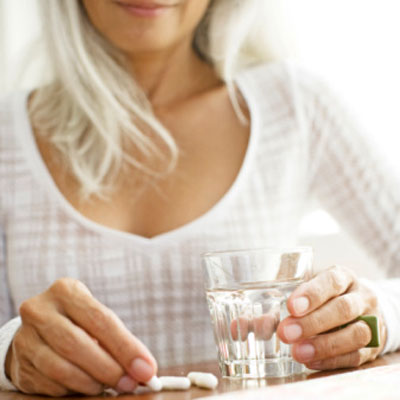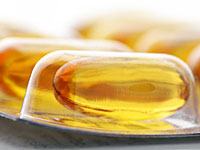
TUESDAY, April 27 (HealthDay News) — High-dose vitamin B therapy is dangerous for diabetics with kidney disease, and patients on this regimen should stop immediately, says a new study.
When the researchers began the study, they believed it would show that high-dose vitamin B therapy (folic acid, vitamin B6 and vitamin B12) would improve patients’ kidney function and reduce their risk of heart attack and stroke.
But it turned out that patients on high-dose vitamin B therapy had significant worsening of kidney function, and twice as many heart and stroke incidents as patients taking a placebo.



